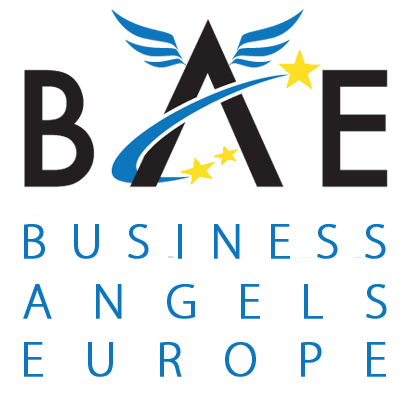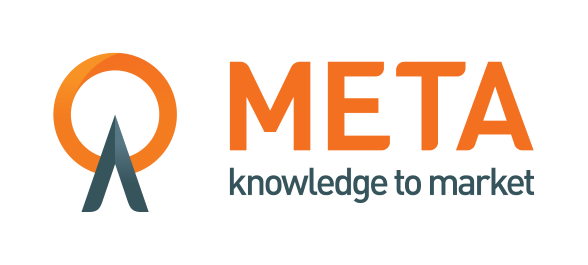Reducing risk, accelerating investment, and supporting cross-border growth
Early-stage investment carries inherent risks—not just financial, but legal and operational. Legal due diligence is a critical step for business angels evaluating potential investments, but the process can be complex and time-consuming. Standardised legal due diligence checklists, such as those developed by ESIL, provide a structured approach that benefits investors, SMEs, and crowdfunding platforms alike.
By focusing on clarity, completeness, and harmonisation, these tools help reduce friction, speed up transactions, and support cross-border investment in Europe.
Key Insights for Angel Investors
1. Mitigating Risk
Legal due diligence checklists offer a comprehensive framework to identify potential risks related to corporate structure, finance, contracts, intellectual property, employment, and compliance. This ensures angels can make informed investment decisions and avoid unpleasant surprises.
2. Streamlining the Evaluation Process
A structured checklist reduces ad-hoc requests for information, allowing investors to quickly assess a company’s legal and operational health. This efficiency is especially valuable when evaluating multiple opportunities.
3. Supporting Cross-Border Investment
Harmonised checklists aligned with EU best practices give investors confidence when evaluating SMEs across different jurisdictions, mitigating legal uncertainty and facilitating smoother transactions.
Practical Takeaways for Angels:
- Use standardised checklists to guide your initial evaluation of a target company.
- Focus on high-risk areas such as IP ownership, shareholder arrangements, and regulatory compliance.
- Combine checklist findings with your business and market assessment to make faster, more informed decisions.
Key Insights for SMEs Seeking Investment
1. Preparation Reduces Friction
SMEs that proactively prepare the requested information can accelerate fundraising and improve investor confidence. Being ready with the right documents signals professionalism and reduces delays.
2. Transparency Builds Trust
Clear, complete, and well-organised documentation reassures investors that the company is professionally managed and compliant with applicable laws. Transparency is a powerful tool for building credibility.
3. Facilitates Cross-Border Investment
Familiarity with standardised EU due diligence frameworks makes it easier for SMEs to attract international business angels and crowdfunding investors. It demonstrates readiness and reduces perceived risk for foreign backers.
Practical Takeaways for SMEs:
- Prepare and maintain a central digital repository of key legal, financial, and operational documents.
- Review and benchmark your company practices against standard checklists to identify gaps early.
- Use harmonised templates to demonstrate readiness for cross-border investment.
Key Insights for Crowdfunding Platforms and Ecosystem Actors
1. Consistent Investor Experience
Platforms can use legal due diligence checklists to standardise the evaluation process across campaigns, reducing discrepancies and improving transparency for all stakeholders.
2. Regulatory Alignment
Standardised checklists help platforms ensure that SMEs meet legal and compliance requirements, aligning fundraising campaigns with EU regulations and reducing regulatory risk.
3. Ecosystem Efficiency
Widely adopted templates promote interoperability and trust among investors, SMEs, and platforms, enhancing the efficiency of the alternative finance ecosystem.
Practical Takeaways for Platforms:
- Integrate legal due diligence checklists into your onboarding process for startups.
- Use them to educate SMEs on investor expectations and compliance requirements.
- Promote harmonisation to strengthen investor confidence and facilitate cross-border campaigns.
Why Standardisation and Harmonisation Matter
- Efficiency: Reduces time spent on document requests and ad-hoc legal review, allowing all parties to focus on value creation.
- Confidence: Investors gain reassurance that key areas such as IP, employment, and regulatory compliance have been properly addressed.
- Cross-Border Access: Harmonised documentation simplifies investment across different EU jurisdictions, making it easier for SMEs to attract international capital.
- Ecosystem Benefits: Shared best practices foster a more robust, transparent, and interconnected alternative finance ecosystem.
Want to know more about becoming a Business Angel? Find out more at European ESIL
Legal due diligence checklists are not just administrative tools—they are strategic enablers of growth, trust, and cross-border investment. For angels, SMEs, and crowdfunding platforms, adopting harmonised frameworks reduces legal friction, accelerates fundraising, and strengthens Europe’s alternative finance ecosystem.
About European ESIL
ESIL is dedicated to boosting Europe’s innovative ecosystems through the creation of a thriving, connected and diverse angel investment community across all the countries of Europe. The programme is managed by:
 |  |  |



